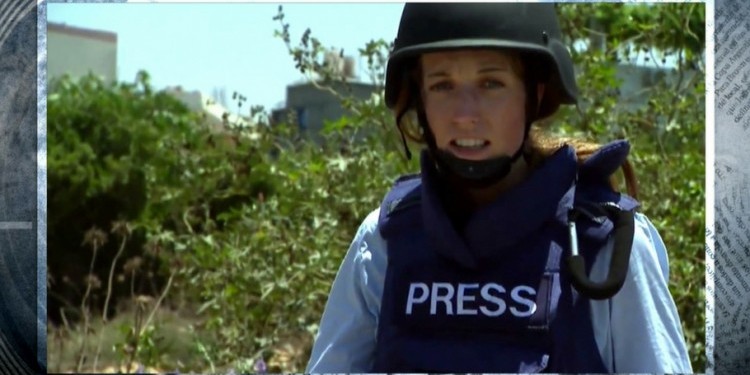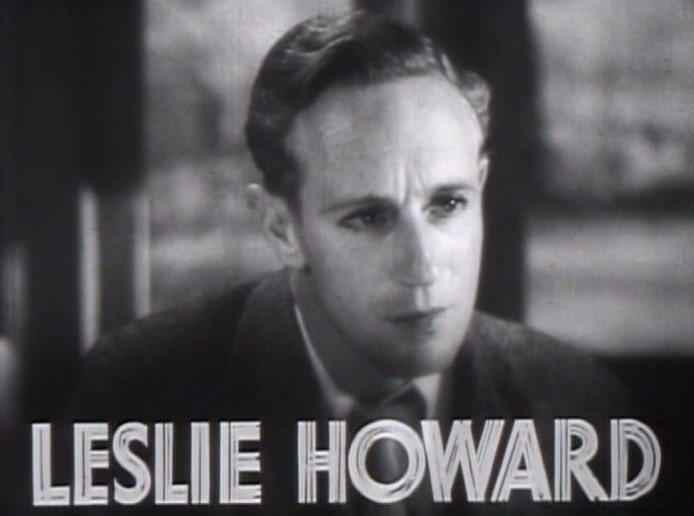Marcos Nine’s film is a peculiar kind of experiment. Neither a film nor a documentary, Leslie’s Journey is a meditation on a person’s life. Depending on the periods of history through which they lived, the film shows how their story can be told using footage from those time periods. It both works and doesn’t work, as the narrative is coherent and some of the footage captivating, but it ultimately doesn’t add up to much.
The film tells the story of Leslie Howard, a prominent British actor in the 1930s and 40s who died on board a passenger aircraft that was taken down by German fighters. The film opens with footage of the Galician coast where the plane perished. Carolina Vázquez’s narration talks about the ephemeral nature of memories and the permanence of history, before the film does a neat trick by shrinking the wide, colour shots down to a black and white television screen.
Produced by Portocabo, a production company specialising in television, Leslie’s Journey certainly has the feel of a TV special on The History Channel. Aided by Vázquez’s narration, we experience the tumultuous time in which Leslie Howard grew up and became a famous actor turned anti-Nazi activist. Some of the footage is fascinating, including old videos explaining early instances of post-traumatic stress disorder and footage of Hitler giving charged speeches.
If you’re looking for a historical narrative that seeks to uncover the mystery of why Flight 777 was shot down, then this isn’t it. It’s more of a well-edited time capsule that muses on the life of a man who grew up as the world went through drastic changes.
Another film that doesn’t quite fit into any specific genre, Eyeless in Gaza is a scathing indictment of the way in which the media covered the Gaza strip conflict. Running under an hour, the film feels like a video essay or a visual lecture on the subject, with a few interviews from writers and experts on the subject.
Beginning with a brief history lesson on the origins of the conflict (a blessing for an historical ignoramus like me), Martin Himel’s documentary quickly sets its sights on many of the major media outlets who failed to report on the conflict in a way that not only avoided the truth, but actually worsened things for the civilians and unwittingly aided the Hamas terrorist groups. Footage from news reports and controversial interviews with Hamas spokespeople emphasises the atrocity of the situation. With Himel also making the case that the media became like ‘puppets’ of the Hamas groups who used the media’s graphic coverage like recruitment videos, it makes for pretty devastating viewing.
The film also highlights the tremendously anti-Semitic teachings of the terrorist group, who go so far as to call the Holocaust a ‘Jewish plot’ in Article 22 of the Hamas charter. It’s aspects like these, the film argues, that the media failed to report on, sometimes for fear of attacks from Hamas extremists, who reportedly threatened the media outlets into silence.
Eyeless in Gaza is an important film, even if it isn’t a particularly cinematic one. If all it does is spark some conversation among moviegoers and prompt people to revisit the media’s dubious coverage of the Gaza conflict, then that will be more than enough.
– Tom
Tom Bensley is a freelance writer in Melbourne who reviews anything he attends, watches or reads. It’s a compulsion, really. Follow him @TomAliceBensley.
The Jewish International Film Festival runs from 27 October to 23 November 2016 in Melbourne.
Read The Plus Ones’ guide to the best films.





